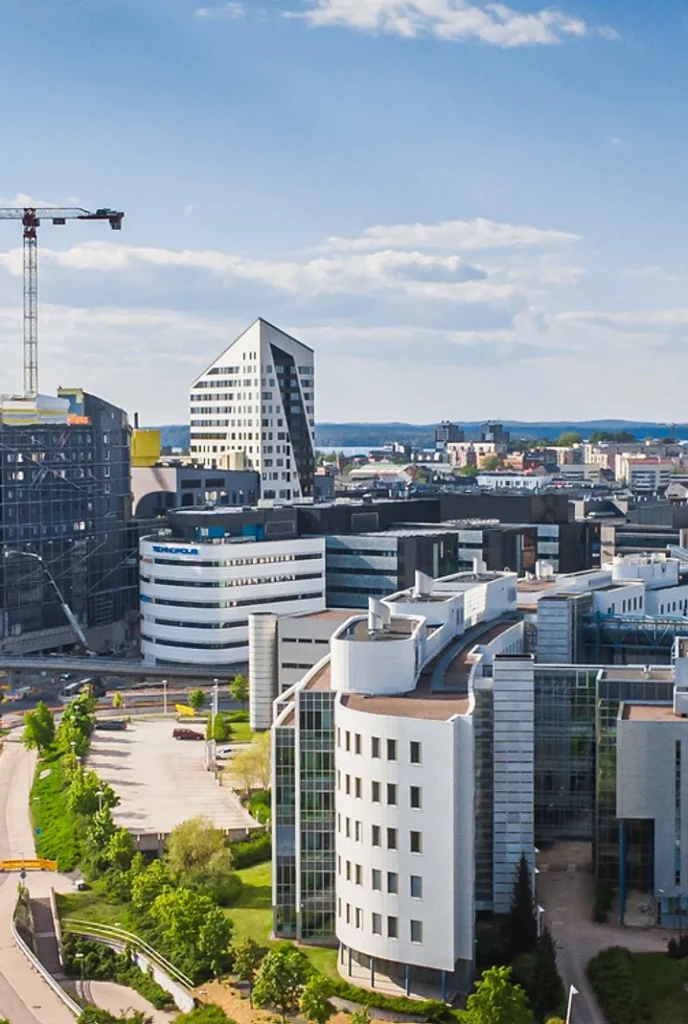In the 60s Stanford computer scientist, Roy Amara coined the proverb: “we usually overestimate the impact of technology in the short-term and underestimate its effect in the long-run”. Future scenarios are important as they motivate us to create new innovations, which shape traditional industries and business models. In the future, cities become smart and the Internet of Things (IoT) will drive societal changes and economic growth. However, smart cities face an existential problem; how to efficiently leverage prevailing technology and develop new solutions. As smart city innovation goals are commonly overestimated, the solutions take time for cooperation and cross-pollination to grow, and the rate of change is high, building smart city ecosystems is far from a trivial task.
The EU Horizon 2020 project IoT-NGIN was initiated to address many of these challenges. It aims at introducing contemporary research with new innovation concepts to generate the next generation smart city IoT ecosystem in the EU. It deploys a wide range of technologies to e.g., empower Edge Cloud with federated on-device intelligence and to apply interoperability and data sovereignty but also to ensure that trust, cybersecurity, and privacy are not neglected and to introduce novel humancentric interactions based on AR. These solutions are then tested in multiple Living Labs including the Human-Centred Twin Smart Cities Living Labs in Finland, where companies and researchers test and develop smart and digital mobility solutions on the streets of Helsinki with real users. The goal is to provide smoother, safer, and more sustainable mobility for citizens with fewer traffic jams. It is not, however, beneficial for each company to install their proprietary sensors and scanners to the streets, but rather to utilise the existing ones and to share the instructions with developers for example via semantic twins.
For sharing information and bridging smart city solutions, Smart City Innovation Cluster (SCIC) was recently born in Finland. As a cooperative, SCIC utilizes the learnings and networks of existing EU projects in a non-profit manner. By combining the actions, expertise, and possibilities of other member organisations, SCIC can take globally scalable solutions to any smart city. Solving impactful local and global challenges offers business opportunities for companies and research institutions irrespective of size. Since the challenges and markets are far too big to overcome in isolation, SCIC allows the solutions to be created collaboratively. For example, the city of Madrid launched in 2021 an ambitious project called El Nuevo Norte, which intends to build a smart city district where technology enables and provides services to citizens. Madrid’s challenge to attract companies that can jointly provide new, innovative and complex smart city solutions can now be solved with the help of SCIC.
Together IoT-NGIN (aiming at developing high technology for the cities) and SCIC (providing networks, usage platforms, and scaling channels for the innovations) can result in new know-how, help achieve cities’ climate and economic goals, and increase the number of companies, investments, and talent. Startups with novel ideas can now access global arenas and together with large firms, develop and sell their products and services.

